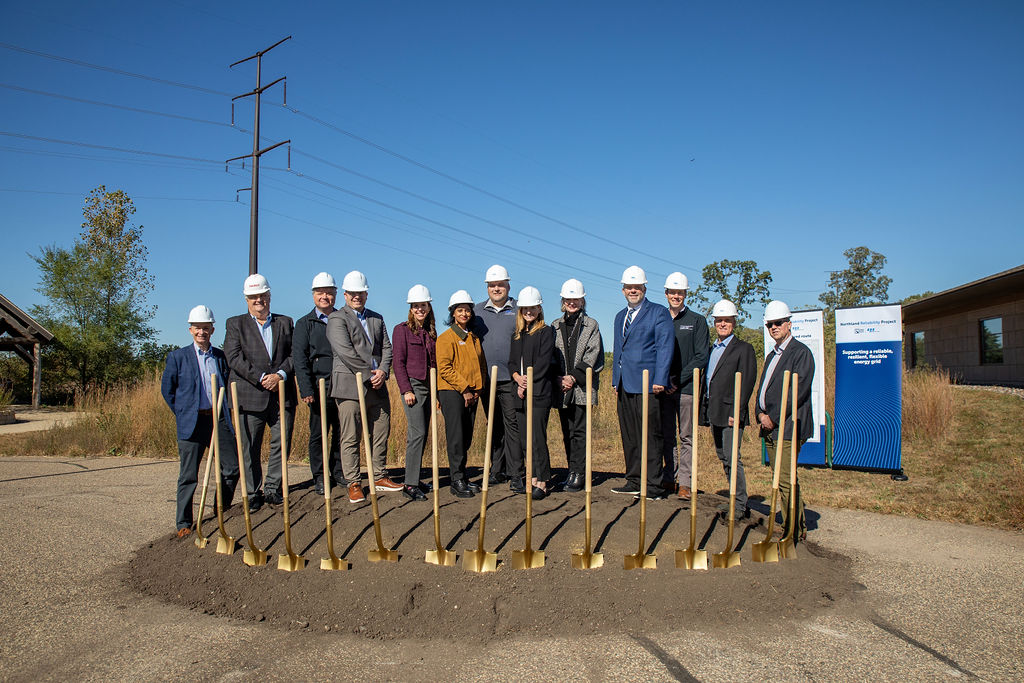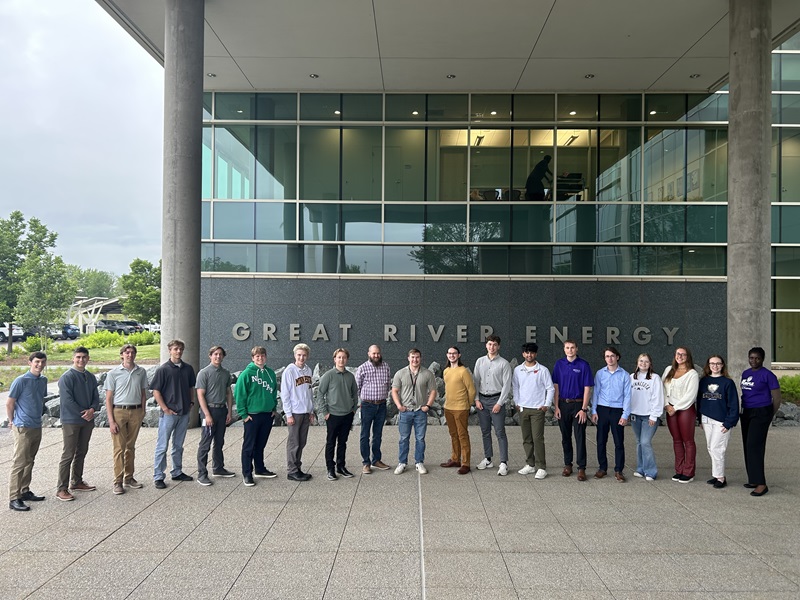Cash payments to members are central to cooperative business model
Cooperatives are not-for-profit organizations that are owned by the members they serve with their services provided at cost. They only collect enough revenue to run the business and meet financial obligations.
After paying operating expenses, all remaining margins are allocated to members based on revenue received for service. These margins are called patronage capital and represent the members’ equity in the cooperative.
When a cooperative enjoys financial success and its equity levels exceed established targets, it returns those dollars to members through patronage capital payments.
Last month, Great River Energy’s board of directors approved the payment of $15 million to member-owners through its 2024 patronage capital return.
“At Great River Energy, we take our member-owners’ investment very seriously,” said Great River Energy Vice President and Chief Financial Officer Michelle Strobel. “We closely monitor costs and seek ways to work more efficiently in order to keep rates competitive. It is a privilege to return dollars to members through patronage capital payments.”
This is the sixth consecutive year that Great River Energy has issued a patronage capital return to its member-owners.
Capital credits explained
Cooperatives hold on to allocated capital credits to cover emergencies and to make necessary enhancements to their electric systems. It is an important financial mechanism that reduces the need to raise rates or borrow money to pay for infrastructure.
Great River Energy’s board of directors sets a target to maintain an equity to capitalization ratio of 20%. Patronage returns are then made in the form of cash payments from equity levels above the set target.
Returning patronage capital is a component of the cooperative principle known as “members’ economic participation.” Members contribute equitably to, and democratically control, the capital of their cooperative. Cooperatives manage surpluses to achieve their financial goals, including the periodic cash returns.
 " data-object-fit="cover">
" data-object-fit="cover">
 " data-object-fit="cover">
" data-object-fit="cover">